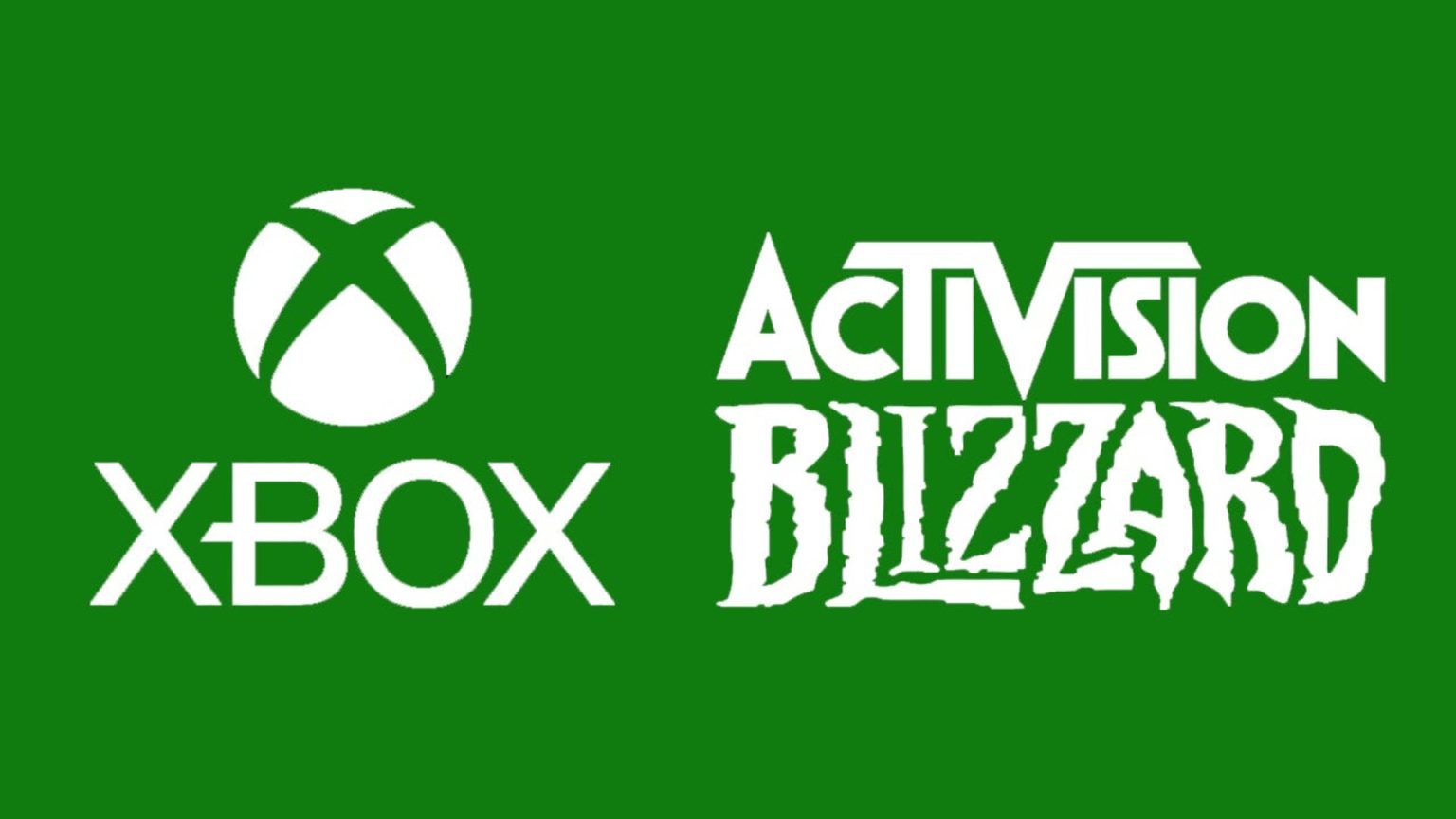On October 13th, Microsoft finally completed the Activision Blizzard acquisition that it initiated all the way back in early 2022.
Announcing the news on its blog, Xbox promised to keep gamers first and foremost in its mind going forward, and it also pledged to implement Activision Blizzard games into the Game Pass lineup, although it may be a little while until we see the fruits of that particular labour.
This is officially the largest gaming acquisition ever completed, and as such, it’s difficult to know what kind of impact the deal is going to have on the industry at large.
However, we can certainly speculate about what could happen next. Here’s what Microsoft’s completed Activision Blizzard deal could mean for the industry as a whole.
Microsoft won’t stop here
As we know from the Xbox leaks back in September, Microsoft has set its sights on more companies than just Activision Blizzard.
An internal company memo supposedly shows that Xbox was looking to acquire Nintendo, and although this might be a pipe dream (and one which we’re sure Nintendo itself would have some choice words about), it shows that Xbox’s ambition is vast.
Activision Blizzard is just the beginning; we’re fully expecting Microsoft to start looking to acquire other major companies in the industry, although the company will probably want to hold back for a little while in order to ensure this current acquisition is an unqualified success first.
Expect to see more companies taking shelter under the Microsoft umbrella in the near future.
Cloud gaming is a big deal, apparently
One of the biggest hurdles to the Microsoft deal was the UK Competition and Markets Authority, which expressed doubts about the deal being healthy for competition, specifically in the cloud gaming space.
If you’re not au fait with cloud gaming, you might wonder why it’s such an important part of the CMA’s objections.
Cloud gaming is, for many companies, the future of the medium; it allows gamers to play demanding games with high hardware requirements on lower-end machines.
It’s also possibly where Xbox wants to take its next console ecosystem; the leaks supposedly show plans to implement hybrid computing, with a mixture of hardware and cloud systems providing gaming experiences to Xbox gamers in the next generation.
Eventually, Microsoft and the CMA worked out a new form of the deal which involved handing over cloud streaming rights to Ubisoft, but the CMA refused to budge until that alteration was made.
This shows that cloud gaming will be a big focal point for the gaming industry going forward, so expect more and more companies to start building cloud gaming into their core philosophies.
There are dark murmurs of a monopoly
A more pessimistic reading of the Microsoft-Activision Blizzard acquisition indicates that a monopoly could be on the horizon.
Some gamers believe that Microsoft seeking to acquire so many companies will have negative ramifications for the industry, specifically with regards to competition.
In fact, this is an objection to the deal that was specifically raised by none other than Sony, which said that Xbox essentially keeping Activision to itself would prevent Call of Duty from being playable on other platforms.
Xbox clarified that Call of Duty would remain on PlayStation for at least the foreseeable future, but the fact remains that Microsoft holds all the cards when it comes to that venerable franchise and many other major AAA prospects.
If Microsoft continues to acquire huge gaming companies in this fashion, then more and more games could become exclusive to the Xbox ecosystem in the vein of the recent Bethesda RPG Starfield.
Generally speaking, we’re big fans of games being available across multiple platforms, and while games like Redfall and Starfield aren’t necessarily indications of what life will be like for Microsoft studios under the company’s banner, they don’t exactly fill us with confidence that Microsoft acquiring more studios will be good for those developers and publishers.
Things should hopefully improve at Activision Blizzard
One of the biggest talking points when it comes to Activision Blizzard has been the company’s allegedly toxic workplace culture.
In 2021, it was alleged that Activision Blizzard’s workplace environment was one of “constant sexual harassment”, with employees later describing a “frat boy” culture that encouraged misogyny and other unpleasant behaviours.
Those allegations persisted throughout the following years, with some placing the blame directly at CEO Bobby Kotick’s door.
With Microsoft’s acquisition of Activision Blizzard, Kotick will apparently remain with the company until the end of 2023, at which point he will depart.
Hopefully, Xbox’s involvement in Activision Blizzard should improve the company culture significantly.
Xbox’s corporate VP Sarah Bond has expressed Microsoft’s commitment to diversity and inclusion, and she’s pledged to bring Activision Blizzard into that culture.
However, it’s not entirely clear how Activision Blizzard’s corporate structure will change under Xbox, so we don’t know exactly what Microsoft has planned to make sure that the awful things that have apparently happened to Activision Blizzard employees will never happen again.
We don’t know what the future holds
It might sound obvious, but we can’t state with any certainty what the future holds for Xbox and Activision Blizzard.
We can, of course, make educated guesses, as we’ve been doing in this article, but there are a lot of unknowns on the path ahead.
What happens when Ubisoft’s cloud streaming rights for Activision Blizzard games run out in fifteen years, for instance? Will the UK CMA raise the same objections it did this year again?
What other studios does Microsoft have in its crosshairs? Could we see a Ubisoft acquisition, for instance? Will Microsoft make good on its intention to purchase Nintendo, thereby owning one of the biggest Japanese gaming icons of all time?
We’ll just have to wait and see.

